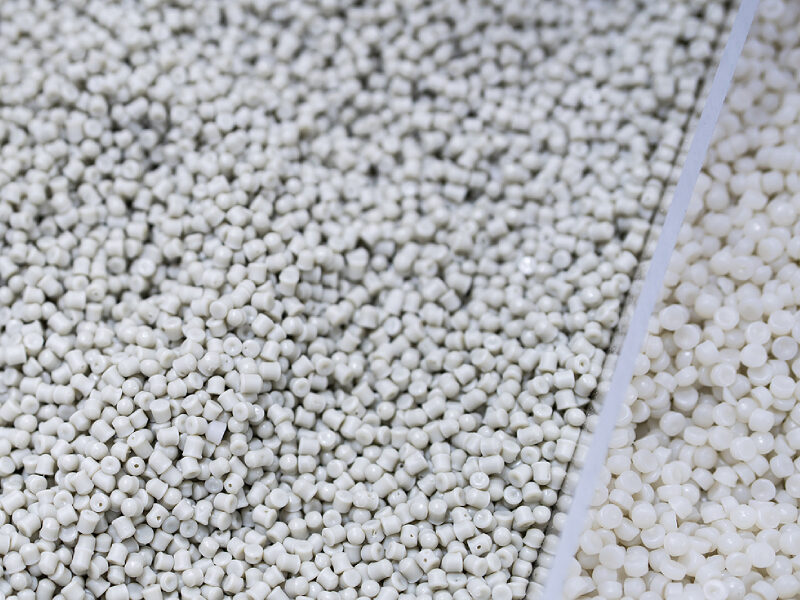
In an era where sustainability is no longer a buzzword but a crucial ethos, industries are seeking innovative ways to reduce their environmental footprint. One such pioneering shift is the adoption of post-consumer recycled resin, a material that has gained prominence for its environmental benefits and positive impact on manufacturing processes.
What is Post-Consumer Recycled Resin (PCR Resin)?
Post-consumer recycled resin (PCR resin) is essentially a sustainable material derived from recycled plastic that has already served its intended purpose as a consumer product. This innovative resin is created by collecting used plastic items, such as bottles, containers, or packaging, and processing them through a recycling system.
The collected plastics are then cleaned, sorted, and transformed into a new resin that can be used to manufacture a variety of products. The key distinction of PCR resin is that it comes directly from consumer waste, contributing to the reduction of plastic pollution.
Benefits of Using PCR Resin:
1. Carbon Emission Reduction
The manufacturing of plastics from scratch releases a substantial amount of greenhouse gasses into the atmosphere. Post-consumer recycled resin significantly reduces carbon emissions associated with plastic production. The use of recycled materials results in lower emissions, contributing to the fight against climate change and promoting a more sustainable future.
2. Waste Reduction and Circular Economy
Choosing post-consumer recycled resin aligns with the principles of a circular economy. It transforms plastic waste into a valuable resource, creating a closed-loop system that reduces the need for constant production of new plastics. This shift towards circularity not only minimizes waste but also contributes to a more sustainable and resilient supply chain.
3. Resource Conservation
Utilizing post-consumer recycled resin conserves valuable resources. It reduces the strain on ecosystems and helps preserve biodiversity by lessening the need for extracting raw materials. This resource conservation is crucial for the long-term health of our planet and ensures that future generations inherit a world rich in ecological diversity.
4. Market Demand and Consumer Preference
Consumers are more eco-conscious than ever, increasing the demand for sustainable products in the market. Choosing post-consumer recycled resin not only fulfills this demand but also positions businesses as environmentally responsible entities. This aligns with changing consumer preferences, fostering brand loyalty and positive public perception.
5. Economic Benefits
While the initial investment in sustainable practices might seem daunting, the long-term economic benefits are substantial. Reduced energy consumption, lower production costs, and potential incentives for adopting eco-friendly measures contribute to a more financially resilient and competitive business model.
Conclusion
The advantages of choosing post-consumer recycled resin extend beyond the environmental realm, encompassing economic, regulatory, and societal benefits. Embracing this sustainable shift in manufacturing not only addresses the global plastic crisis but also propels industries toward a more responsible and resilient future.
As the leading supplier of wholesale plastic bags in Singapore and plastic packaging, in general, Allswell Polythene stands out for our commitment to sustainability. Our environmentally conscious practices have awarded us the EcoVadis Gold Medal, allowing us to be one of the few trusted companies recognised for their sustainability efforts.
To find out more about our products, including black trash bags and customized bags, and how they are eco-friendly alternatives, talk to us here.
